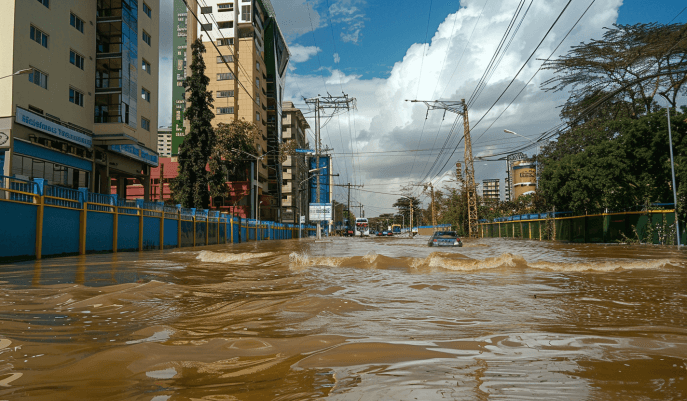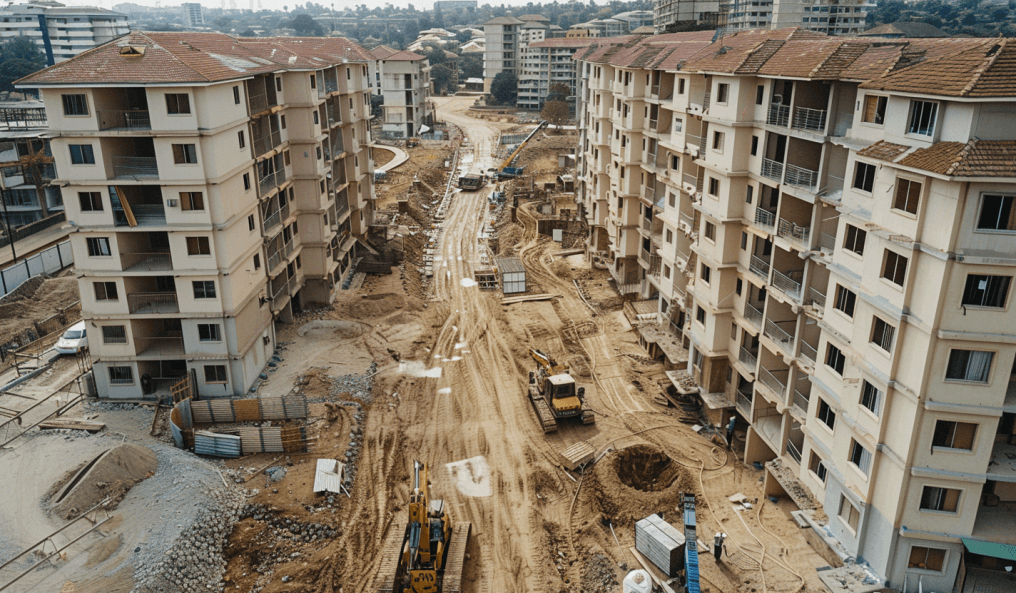- The changes and fluctuations in the global economy significantly impact many markets, and the real estate market is no exception.
- Diversifying your investment portfolio to include both local and international assets can also help mitigate risks.
- Natural disasters and climate change are becoming increasingly significant factors in real estate.
- Understanding the connection between global events and local real estate markets is crucial for making informed decisions.
In today’s interconnected world, global events can have significant ripple effects on local real estate markets. Factors such as economic shifts, political changes, natural disasters and pandemics, have the capacity to greatly impact property prices, demand, and investment opportunities either positively or negatively. So how do global events affect the real estate market and how can you, as an investor or buyer navigate?
Table of Contents
Economic Shifts and Currency Fluctuations
The changes and fluctuations in the global economy significantly impact many markets, and the real estate market is no exception. A downturn in large economies such as the US or China can lead to reduced foreign investment in Kenya. Conversely, economic growth in these countries can increase foreign investor interest, positively affecting Kenya’s property market.
A positive shift in the global economy leads to more foreign investors, boosting various industries, including real estate. In the Kenyan market, this influx drives up property prices, especially in high-demand areas like Nairobi, Mombasa, and Kisumu. On the other hand, during global economic downturns, foreign investment may decline, leading to slower growth or even a drop in property values.
For example, during the 2008 global financial crisis, Kenya saw a significant reduction in foreign direct investment, which impacted the real estate market. Property prices stagnated, and new developments slowed down. Therefore, it is crucial for investors and property buyers to stay informed about global economic news and monitor currency exchange rates. A stronger Kenyan shilling can make property investments more attractive to foreign buyers, while a weaker shilling might deter them. Diversifying your investment portfolio to include both local and international assets can also help mitigate risks.
READ MORE: The Current State of the Real Estate Market in Kenya.
Political Changes and Trade Policies
Changes in global political landscapes, including elections, trade agreements, and international relations, can significantly impact a country’s real estate market. For instance, Brexit caused economic uncertainty that was felt in many countries, especially those with close ties to Britain.
Political stability in major economies often translates to increased investor confidence globally. Improved trade relations between Kenya and other countries can boost economic growth, leading to higher demand for both residential and commercial properties. Conversely, political instability or restrictive trade policies can create economic uncertainty, reducing investment flows into the real estate sector. For example, the US-China trade war had indirect effects on Kenya, as it impacted global trade routes and commodity prices, influencing the cost of building materials and overall construction costs.
Natural Disasters and Climate Change

Natural disasters and climate change are becoming increasingly significant factors in real estate. Events like hurricanes, floods, and wildfires in different parts of the world can influence insurance costs, property values, and construction practices globally.
In Kenya, climate change has led to increased occurrences of extreme weather events, such as prolonged droughts and heavy rains causing floods. Recently, Kenya experienced mass flooding, which greatly affected the real estate market. Many houses and estates were submerged, lowering their value. The El Niño floods of 1997-1998 as well caused significant damage to infrastructure and properties in Kenya, leading to increased insurance premiums and changes in construction practices to mitigate future risks.
These events underscore the importance of considering climate-related risks in real estate investments. As such, it is paramount for property developers to account for the potential impact of climate change on property values and insurance costs, as well as the need for resilient construction practices.
Global Pandemics and Health Crises
The COVID-19 pandemic is a prime example of how a global health crisis can drastically impact real estate markets. In Kenya, the pandemic led to a shift in housing demand, with more people seeking properties in less crowded, suburban areas.
Lockdowns and travel restrictions also affected the real estate market by reducing the number of transactions and slowing down construction projects. However, the pandemic accelerated the adoption of digital tools in real estate, such as virtual tours and online transactions, which have become essential in maintaining market activity.
According to a report by the Kenya Bankers Association, there was a 12% increase in demand for suburban homes in 2020 compared to the previous year. Additionally, commercial real estate saw a shift, with businesses rethinking their office space needs and more companies adopting remote work policies.
Technological Advancements
Technological innovations globally also affect the local real estate market. Advancements in property technology (PropTech), such as virtual tours and smart home features, have become more prevalent in Kenya.
These technologies have made property transactions more efficient, transparent, and secure. For example, virtual tours allow buyers to view properties from anywhere in the world. The adoption of virtual tours in Kenya has significantly increased, enabling potential buyers to view multiple properties without the need for physical visits. This has been particularly beneficial during the COVID-19 pandemic, maintaining market activity despite movement restrictions.
Smart home features have increased the appeal and value of properties by offering enhanced security, energy efficiency, and convenience.
These technological advancements have revolutionised the real estate market in Kenya, making it more accessible and efficient for buyers, sellers, and investors.
READ MORE: Future of Real Estate: Trends Redefining the Kenyan Market
Conclusion
Understanding the connection between global events and local real estate markets is crucial for making informed decisions. Whether you’re a buyer, seller, or investor in Kenya, staying informed and adaptable will help you navigate the ever-changing landscape of real estate.



